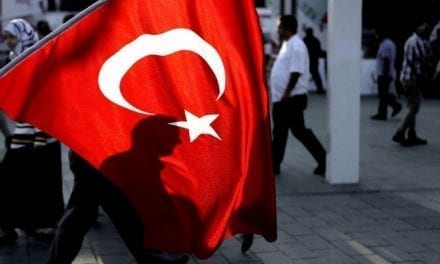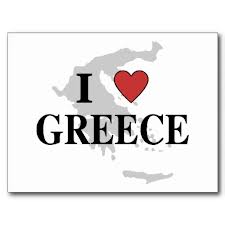By Voice of America
An Iranian sanctions-busting case in New York threatens to further strain Turkey-U.S. relations.
The trial of Turkish-Iranian businessman Reza Zarrab and Mehmet Hakan Atilla, vice president of Turkish state bank Halkbank, is due to start December 4. Ankara has slammed the case as political, but fears are growing it could have severe financial consequences for the Turkish economy.
The defendants are accused of violating the U.S.-Iran sanctions act involving billions of dollars in alleged illicit trade. The case threatens to implicate key political figures closely linked to Turkish President Recep Tayyip Erdogan.
“Very ugly truths could emerge about the former cabinet ministers,” warned political consultant Atilla Yesilada of New York-based GlobalSource Partners, an analysis service for investors. Former Finance Minister Zafer Caglayan, known to be close to Erdogan, also is under indictment.
Erdogan assails trial
The Turkish president has repeatedly attacked the pending trial. “How can a nation that legitimizes all kinds of attacks on our nation’s interests, from bankers to businessmen, from arms sales to energy investments, from TV series to think tanks, be our friend?” Erdogan asked Saturday at a political rally.
“Several times the [Turkish] president has picked up on this case, so obviously this is a matter that he finds terribly important,” said international relations expert Soli Ozel of Istanbul’s Kadir Has University.
Ankara claims the case is the latest attempt by the U.S.-based Turkish cleric Fethullah Gulen to bring down Erdogan.
“They [Gulenists] are using the U.S. system to launch attacks against Turkey, and the Reza Zarrab case is part of this,” Turkish presidential spokesman Ibrahim Kalin said in a TV interview Monday. “It’s a political case by the U.S. prosecutors. This is a very politically motivated case. This case was originally brought by the Gulenists in Turkey.”
Ankara accuses Gulen of being the mastermind behind last year’s failed military coup. Followers of Gulen were also accused in 2013 of trying to bring down Erdogan’s government by judicial probes into alleged high-level corruption involving Zarrab and senior ministers. The government shut down the probe, claiming it was a judicial coup, and all those involved were either dismissed or arrested.
Use of previous evidence
Ankara has been infuriated by reports that New York prosecutors will use some of the evidence gathered in the 2013 probe in the current case. “The fact files collected by Gulenist prosecutors and police against the then prime minister [Erdogan] are likely to be used in the Zarrab case. Obviously, [it] rubs the government the wrong way,” said international relations expert Ozel.
During a visit to Washington this month, Turkish Prime Minister Binali Yildirim reportedly lobbied hard in meetings with senior U.S. officials, including Vice President Mike Pence, for the evidence to not be allowed in the forthcoming case. Ankara argues the evidence, which includes embarrassing telephone conversations between former ministers and Erdogan, was illegally gathered and should not be admitted. Turkish prosecutors have opened an investigation into a federal prosecutor, U.S. Attorney Joon Kim, into how evidence was obtained for the Zarrab case.
Critics claim Ankara’s lobbying fails to understand the limitation of political power in Washington.
“The executive, in accordance with the principles of the independence of the judiciary, has little influence on how this procedure will unfold, and that’s something that Turkey’s policymakers should take into consideration,” said political scientist Cengiz Aktar.
Such lobbying by Ankara is seen as an indication, however, of how serious and potentially damaging the Zarrab case could be for Turkey’s political leaders. The Zarrab case already has hit financial markets, with the Turkish lira suffering steep drops over speculation that Turkish banks could end up facing heavy fines.
More jeopardy for lira
“The [financial] markets made the connection between the Zarrab case and fines on Turkish banks, especially Halkbank,” said economist Inan Demir of Nomura Bank. “If the headlines coming out of the trial are negative for Halkbank, markets will almost immediately jump to the conclusion of large fines, and that could lead to further falls on the currency.”
Several European banks in recent years have been hit by multibillion-dollar penalties for violating U.S. Iranian sanctions.
A combination of political and economic factors has resulted in the Turkish lira hitting record lows this week. Financial investors and the eyes of the Turkish nation are expected to be firmly fixed on the New York courthouse when the Zarrab trial begins, the implications of which could be far reaching.
“Even if he [Erdogan] is not hit personally by these accusations, the repercussions of the Zarrab case for the Turkish economy, and therefore for Turkey’s political stability and the grip of the president on the country, can really be very serious,” Ozel said.



















